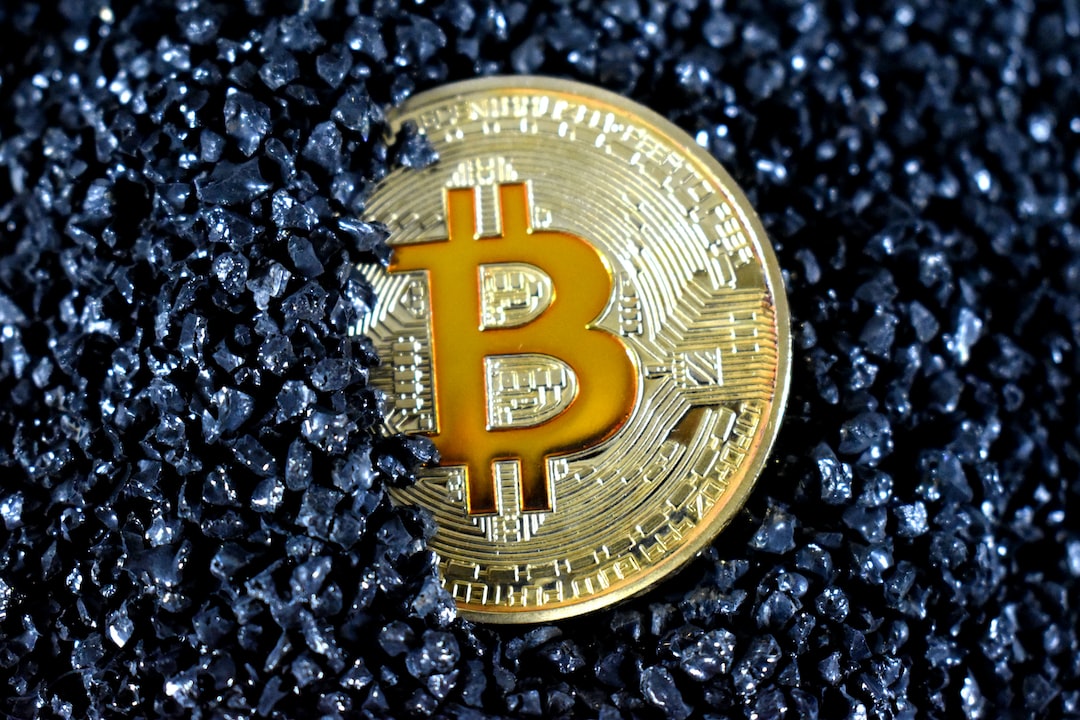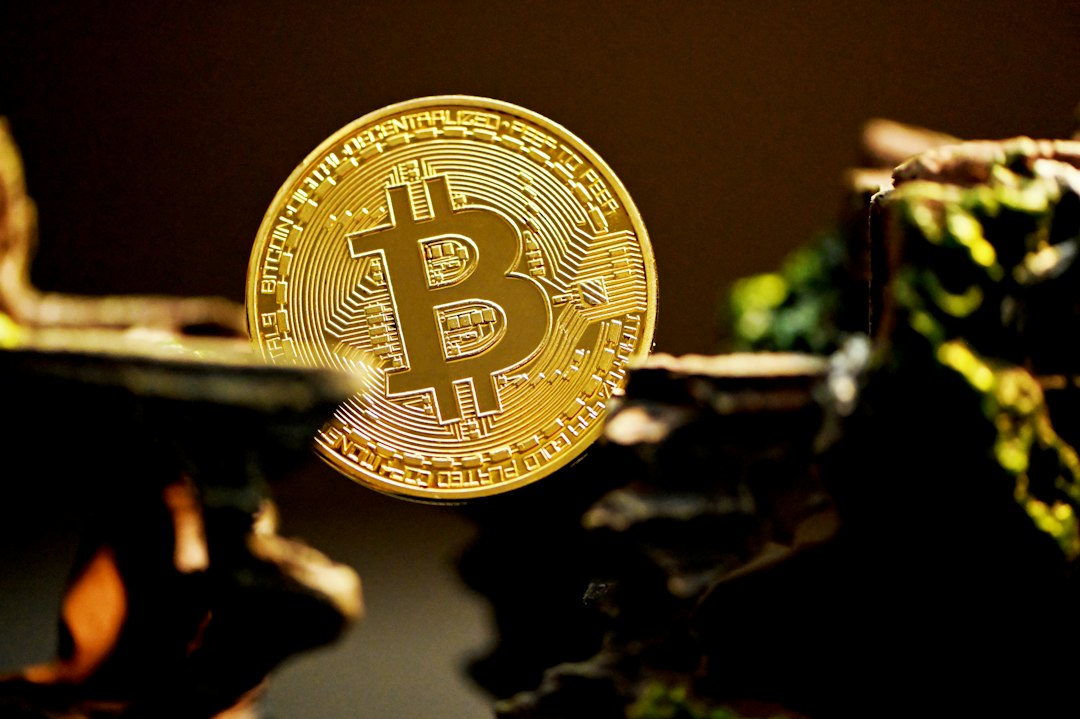How to Safely Send Crypto: Tips and Best Practices
When it comes to sending cryptocurrency, safety should always be your top priority. With the growing popularity of digital currencies, the need for secure and reliable methods of sending crypto has become more important than ever. Whether you’re sending Bitcoin, Ethereum, or any other cryptocurrency, there are certain tips and best practices you should follow to ensure that your transactions are safe and secure.
Choose a Reputable Wallet
The first step in safely sending crypto is to choose a reputable wallet. There are many different types of wallets available, including hardware wallets, software wallets, and mobile wallets. It’s important to do your research and choose a wallet that has a good reputation for security and reliability. Look for wallets that offer features such as two-factor authentication and multi-signature support to add an extra layer of security to your transactions.
Double-Check the Recipient Address
Before you send any cryptocurrency, it’s crucial to double-check the recipient address. Cryptocurrency transactions are irreversible, so if you send funds to the wrong address, there’s no way to get them back. Always verify that the recipient address is correct before finalizing the transaction. One common tactic used by scammers is to modify the recipient address when it’s being copied and pasted, so be extra cautious when copying and pasting addresses.
Use Secure Networks
When sending cryptocurrency, it’s essential to use a secure network. Avoid using public Wi-Fi networks or unsecured internet connections, as these can leave you vulnerable to hacking and other security threats. Instead, use a trusted and secure internet connection when sending crypto to ensure that your transaction remains secure.
Set Realistic Transaction Fees
Transaction fees are an important consideration when sending cryptocurrency. While it may be tempting to set low fees in an attempt to save money, doing so can result in significantly delayed transactions or even failed transactions. On the other hand, setting excessively high fees can unnecessarily increase the cost of your transaction. It’s essential to find a balance by setting realistic transaction fees based on current network conditions.
Enable Two-Factor Authentication
Two-factor authentication (2FA) adds an extra layer of security to your cryptocurrency transactions by requiring a second form of verification in addition to your password. Many wallets and exchanges offer 2FA as an optional security feature. By enabling 2FA, you can significantly reduce the risk of unauthorized access to your accounts and protect your funds from theft.
Avoid Phishing Scams
Phishing scams are a common tactic used by cybercriminals to trick individuals into revealing sensitive information such as login credentials or private keys. Be cautious of unsolicited emails, messages, or links that request personal information related to your cryptocurrency holdings. Always verify the authenticity of communications before responding or taking any action.
Keep Your Private Keys Secure
Your private keys are essentially the keys to your cryptocurrency holdings. It’s crucial to keep them secure at all times and never share them with anyone else. Additionally, consider storing your private keys offline in a secure location such as a hardware wallet or paper wallet for added protection against online threats.
Frequently Asked Questions (FAQs)
Q: Is it safe to send cryptocurrency over email?
A: No, it is not safe to send cryptocurrency over email as emails can be intercepted or compromised.
Q: Can I cancel a cryptocurrency transaction once it has been sent?
A: No, cryptocurrency transactions are irreversible once they have been confirmed on the blockchain.
Q: What should I do if I suspect that my wallet has been compromised?
A: If you suspect that your wallet has been compromised, immediately transfer your funds to a new wallet and change all associated passwords.
Q: Are there any additional security measures I should consider when sending large amounts of cryptocurrency?
A: When sending large amounts of cryptocurrency, consider using multi-signature wallets or implementing additional layers of security such as time-locked transactions for added protection.
In conclusion,
Sending cryptocurrency safely requires attention to detail and adherence to best practices for security. By choosing a reputable wallet, double-checking recipient addresses, using secure networks, setting realistic transaction fees, enabling two-factor authentication, avoiding phishing scams, and keeping private keys secure, you can minimize the risk of unauthorized access and ensure the safety of your crypto transactions.
Remember that while cryptocurrencies offer many benefits such as decentralization and financial freedom, they also come with unique security considerations that must be carefully managed. By following these tips and best practices, you can confidently send cryptocurrency knowing that you’ve taken steps to protect yourself against potential threats.
So next time you’re ready to send some crypto – whether it’s for investment purposes or everyday transactions – make sure you keep these tips in mind!





 By
By
 By
By
 By
By


 By
By